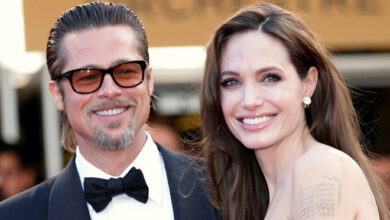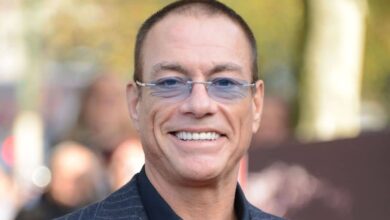Anthony Hopkins: The Enigmatic Maestro of Screen and Soul
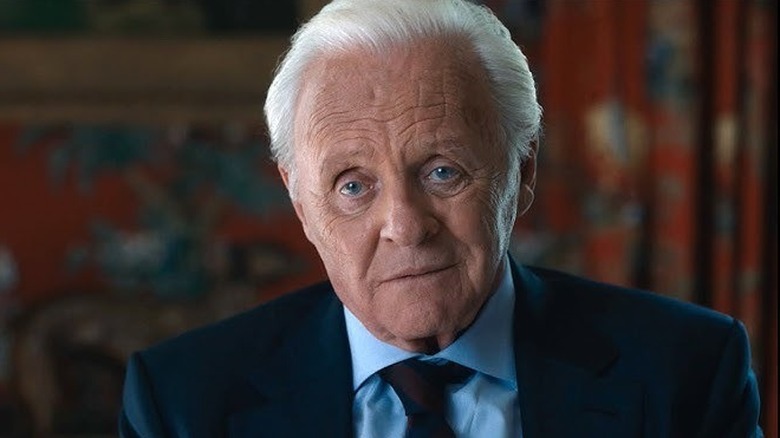
Few actors in the history of cinema command silence the way Anthony Hopkins does. When he enters a scene, the world seems to pause – his gaze both terrifying and tender, his voice a blend of steel and velvet. From his humble beginnings in a small Welsh town to becoming one of the most revered actors of all time, Hopkins’s journey is nothing short of Shakespearean – a tale of genius, struggle, reinvention, and triumph.

The Early Spark in Port Talbot
Born on New Year’s Eve, 1937, in Margam, Port Talbot, Wales, Philip Anthony Hopkins grew up the son of a baker. The young boy struggled in school, isolated by dyslexia and an imagination that did not fit the rigid classrooms of post-war Britain. His solace came in art and music; at six, he began playing the piano, showing early glimpses of a restless creative spirit.
A pivotal encounter with fellow Welshman Richard Burton lit a fire within him. Burton’s commanding presence convinced Hopkins that acting could be not just a dream, but a destiny. In 1961, he graduated from the Royal Academy of Dramatic Art, ready to carve out his place in the unforgiving world of theatre.
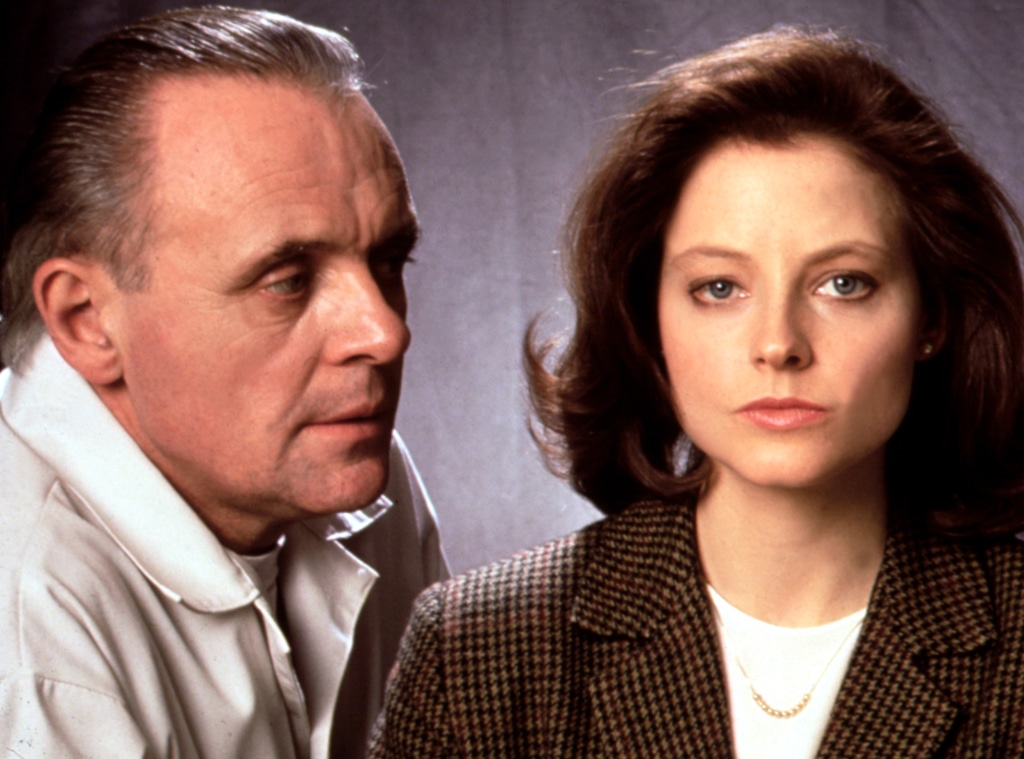
From the Stage to the World
Hopkins first honed his craft at the National Theatre under the mentorship of Laurence Olivier. Known for his intensity and almost frightening dedication, he often surprised fellow actors by memorizing not only his lines but theirs as well. Yet, even as he mastered Shakespeare, Hopkins longed for the camera.
By the late 1960s, he began appearing in films, slowly but steadily building a reputation. His breakout came in The Lion in Winter (1968), where he played Richard the Lionheart opposite Peter O’Toole and Katharine Hepburn. Hollywood had taken notice.

Becoming Hannibal Lecter—and Immortal
The world changed for Hopkins in 1991. Cast as Dr. Hannibal Lecter in Jonathan Demme’s The Silence of the Lambs, Hopkins delivered a performance that chilled audiences to their core. His screen time was just over 16 minutes, but in those minutes, he etched himself into cinema’s DNA. The performance earned him the Academy Award for Best Actor, cementing his place among the immortals.
Lecter’s hypnotic calm, paired with a predatory menace, showcased Hopkins’s mastery of psychological depth. To this day, many consider it one of the greatest performances in film history.
Battles Behind the Curtain
Behind the accolades lay a man wrestling with demons. Hopkins fought a long and painful battle with alcoholism, admitting later that it nearly destroyed him. In 1975, he quit drinking, a decision he has described as a rebirth. The discipline that followed gave him not just clarity, but longevity.

The Constant Reinvention
Unlike many actors typecast by their iconic roles, Hopkins reinvented himself time and again. He played everything from kings (The Remains of the Day) to butlers (Howard’s End), from the troubled artist Picasso (Surviving Picasso) to the wise mentor Odin in Marvel’s Thor.
In 2021, at the age of 83, he stunned the world once more. His performance in The Father as a man descending into dementia earned him his second Academy Award, making him the oldest actor ever to win the honor. It was not just a performance—it was a raw, heartbreaking mirror held up to the human condition.
Beyond the Screen
Hopkins is more than an actor. He is a painter, a pianist, and a composer, often retreating into music as a way to express what words and roles cannot. His artworks, vibrant and surreal, have been exhibited internationally. He has even released classical music albums, proving that his artistry transcends the stage and screen.
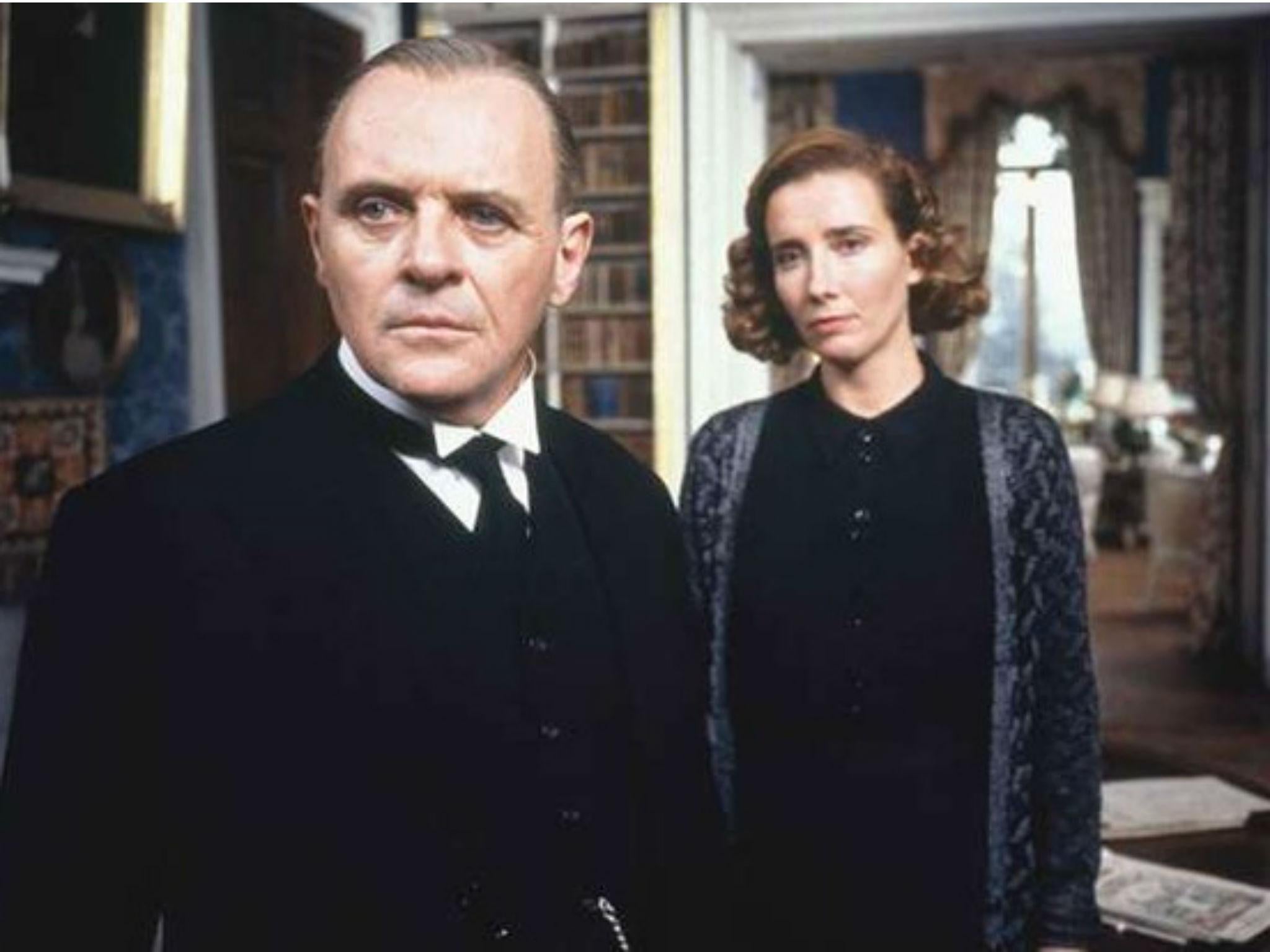
The Legacy of a Giant
Anthony Hopkins’s life is not simply a biography—it is a symphony. A man who began in obscurity, fought through his own storms, and emerged as a master of craft and endurance. His presence reminds us that greatness is not just about talent but about survival, transformation, and the relentless pursuit of truth in art.
At 87, Hopkins remains active, his voice still sharp, his presence still commanding. For audiences, he is not merely an actor—he is a living testament to the power of cinema to reveal the depths of the human soul.



